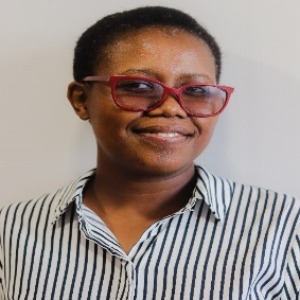Title : Compounded marginalisation: A perspective of caregivers regarding communication disorders at early childhood development centres in South Africa
Abstract:
Introduction: Children with communication difficulties from impoverished families may face barriers to accessing rehabilitation services due to factors shaping caregiver health-seeking behaviour, resulting in poor follow-up. These factors warrant closer examination, particularly for children aged birth to five, to enable early intervention and improved prognosis. This study aimed to explore the beliefs of caregivers, namely parents or legal guardians, early childhood development centre practitioners (teachers and support staff) and parents of adults who are Deaf, regarding the causes and practices of communication disorders.
Materials & Methods: The study employed a descriptive qualitative design, with data collected through focus groups and semi-structured interviews. The 30 participants included 19 early childhood development practitioners and 11 caregivers, seven of whom were parents of children who underwent developmental communication screening. Then, four were parents of adults who were Deaf. The parents and early childhood development practitioners were randomly selected from early childhood development centres that conduct screenings. Additionally, purposive sampling was used to recruit parents of Deaf adults for the study. All participants were from the eThekwini Municipality in KwaZulu-Natal Province, South Africa.
Results: Two key themes emerged: intersectional beliefs about the causes and complex practices surrounding the management of communication disorders. Participants attributed the causes of communication disorders to social and spiritual factors, and these beliefs influenced their intricate decision-making about treatment and help-seeking.
Conclusion: Health professionals seeking to establish community-based rehabilitation services for communication disorders must first understand caregivers' beliefs and practices as they shape behaviours towards service use and influence intervention programme acceptance and follow-up.
Keywords: Early Childhood Development (0-5 Years), Communication Disorders, Culture, Religion, Beliefs, Caregivers.



